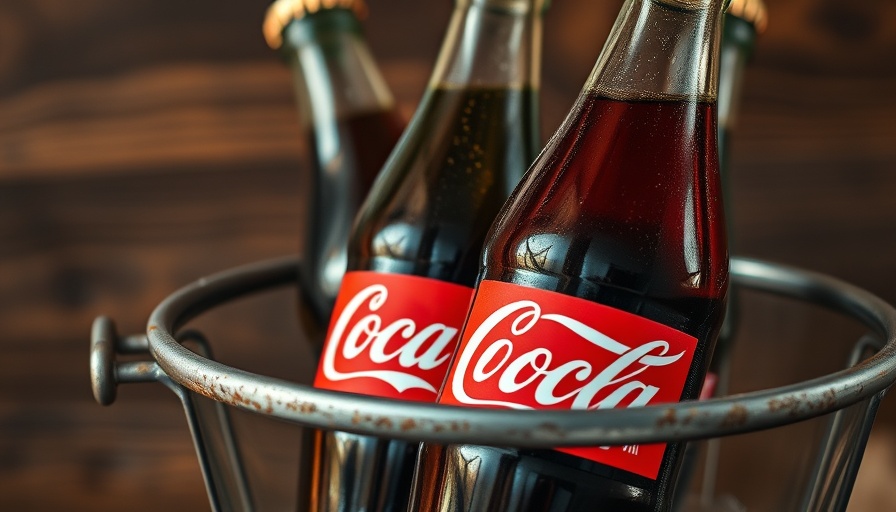
Trump’s Role in Reviving Cane Sugar for Coca-Cola
In a surprising turn of events, Coca-Cola is gearing up to reintroduce real cane sugar in its U.S. products, a change attributed to former President Donald Trump's negotiations with the beverage giant. In a social media announcement, Trump expressed optimism about this move, stating that it would be "just better" for consumers. This declaration is particularly significant, given that Coca-Cola has largely relied on high fructose corn syrup since the early 1980s, a shift driven by economic factors and agricultural policy.
Understanding the Importance of Cane Sugar
Cane sugar represents more than just a preferred sweetener; it is deeply intertwined with the preferences and traditions of consumers. The introduction of “Mexican Coke,” which uses cane sugar, has cultivated a dedicated following in the U.S. and sparked a nostalgia for the original taste. As American consumers grow increasingly health-conscious and concerned about artificial ingredients, reverting to cane sugar signals a response to these shifting consumer behaviors and preferences.
Economic Implications and Historical Context
The historical pivot to high fructose corn syrup began during the late 1970s when soaring sugar prices and U.S. government policies fostered the growth of corn-based sweeteners. As the corn industry flourished—especially in Iowa, a critical state for political influence—the resulting low-cost sweetener became the default for many major food producers, including Coca-Cola. This transition reflects broader economic dynamics, with implications on farm policies, local economies, and even political strategies within U.S. elections. As Coca-Cola shifts back to sugar, it could impact pricing, supply chains, and consumer behavior for both sugar and corn products.
What This Means for Future Business Trends
As Coca-Cola leads this change, it opens a dialogue about sustainability in business practices and consumer preferences. Companies across various industries could see shifts as consumers demand healthier, more natural products. This evolution may benefit local agriculture, promote sustainability, and challenge the dominance of high fructose corn syrup. Businesses should watch closely; adapting to consumer trends and preferences could dictate future successes in their strategies.
The Road Ahead for Coca-Cola and Other Businesses
This strategic pivot from Coca-Cola emphasizes not only the power of consumer demand but also the potential for political influence in corporate strategies. The interplay between business practices and government policies will continue to shape market dynamics. As consumers become ever more discerning, businesses across all sectors must adapt to these evolving preferences to thrive.
In conclusion, the return of real cane sugar to Coca-Cola products is more than just a sweet switch; it signifies changing consumer expectations and broader trends in business practices towards sustainability and health. For entrepreneurs and business leaders in today's market, understanding these dynamics presents an opportunity to align products and services with evolving consumer values, driving forward-thinking strategies and potential growth.
 Add Row
Add Row  Add
Add 



Write A Comment